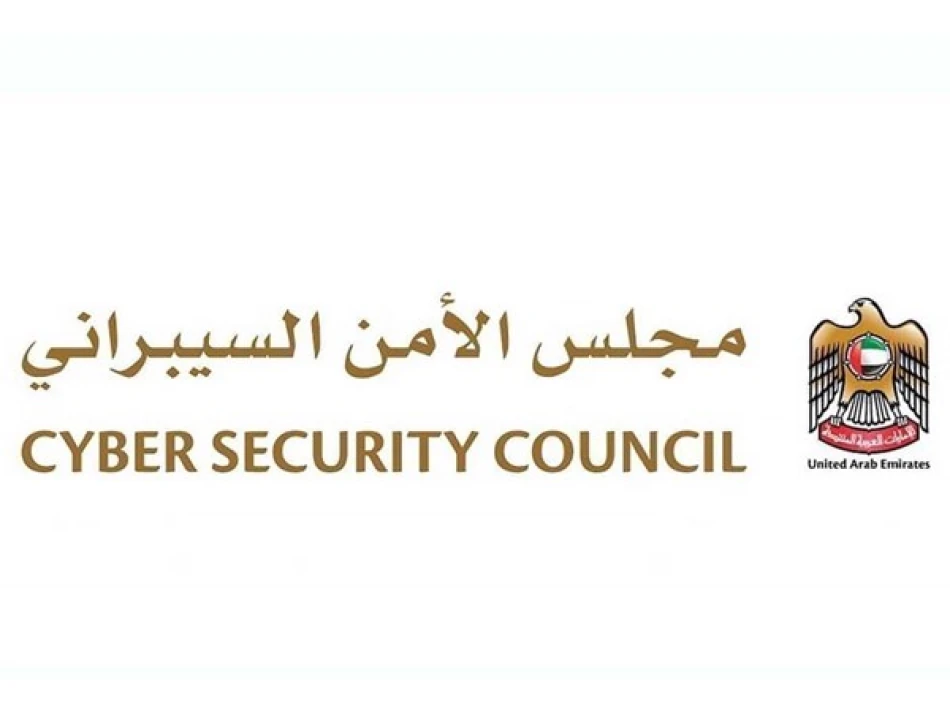
Cybersecurity Alert: 1.4 Billion Digital Footprint Accounts Hacked Globally Every Month
UAE Cybersecurity Council Sounds Alarm as 1.4 Billion Accounts Breached Monthly Worldwide
The UAE's Cybersecurity Council has issued a stark warning about digital footprint security, revealing that over 1.4 billion user accounts are compromised globally each month. This massive breach rate underscores how every login, social media interaction, and shared photo creates exploitable digital traces that cybercriminals increasingly target for identity theft, unauthorized access, and sophisticated phishing campaigns.
The Invisible Trail: Understanding Digital Footprints
Digital footprints encompass all data collected or shared during device and application usage. While seemingly harmless, these traces reveal extensive information about user behavior, identity, and privacy preferences. The UAE Cybersecurity Council categorizes these into two distinct types that pose different security challenges.
Passive Digital Footprints: The Hidden Collectors
Passive footprints represent data gathered without user knowledge or consent. Websites and applications continuously track user movements and collect electronic activity data without prior notification. This silent surveillance creates comprehensive user profiles that often exceed what individuals realize they're sharing.
Active Digital Footprints: The Intentional Shares
Active footprints consist of deliberately shared content including photos, videos, comments, and daily social media interactions. While users control this content creation, they often underestimate how this information can be aggregated and weaponized by malicious actors.
The Growing Threat Landscape
These digital traces open multiple vulnerability pathways that cybercriminals exploit with increasing sophistication. Account breaches provide unauthorized access to personal data, enabling behavioral surveillance and identity impersonation. Stolen information fuels targeted phishing attacks that appear legitimate due to personalized details.
Unofficial and untrusted applications significantly contribute to information theft, sometimes recording calls or activating cameras without user awareness. This represents a growing trend as cybercriminals develop more intrusive data collection methods.
Regional Context: UAE's Proactive Cybersecurity Stance
The UAE's warning aligns with the nation's broader digital transformation strategy and positions the country as a regional cybersecurity leader. Unlike reactive approaches seen in other markets, the UAE emphasizes preventive education and user awareness as primary defense mechanisms.
This proactive stance contrasts with post-breach responses common in other jurisdictions, where authorities typically issue warnings after major incidents. The UAE's approach reflects lessons learned from global cybersecurity failures and the recognition that prevention costs significantly less than remediation.
Practical Defense Strategies
Social Media Vigilance
The Council emphasizes cautious online interaction protocols: rejecting friend requests from strangers, regularly reviewing follower lists, and carefully considering location sharing in posts. These seemingly simple habits form critical privacy protection foundations.
Application Security Protocols
Users should exclusively download applications from official stores while carefully reviewing requested permissions. Many applications request excessive access rights that exceed their functional requirements, creating unnecessary security vulnerabilities.
Authentication Enhancement
Two-factor authentication activation across all digital accounts—including email, social media, and online banking—provides essential security layering. This measure significantly reduces breach success rates even when primary credentials are compromised.
The Human Factor in Digital Security
The UAE Cybersecurity Council emphasizes that digital security extends beyond technological solutions, beginning with individual awareness and personal responsibility in internet usage. This human-centric approach acknowledges that technology alone cannot address cybersecurity challenges without informed user behavior.
Each user bears responsibility for privacy protection and digital footprint minimization. This individual accountability model represents a shift from purely institutional cybersecurity approaches toward distributed responsibility frameworks.
Industry Implications and Market Response
The 1.4 billion monthly breach figure suggests that current cybersecurity measures are failing to keep pace with threat evolution. This creates opportunities for cybersecurity solution providers while pressuring technology companies to implement stronger default privacy protections.
For businesses operating in the UAE and broader Middle East region, these warnings signal increased regulatory scrutiny and potential compliance requirements. Companies may need to invest more heavily in user education and data protection measures to maintain operational licenses.
The Cyber Pulse Initiative
The warning forms part of the UAE's weekly awareness campaign under the "Cyber Pulse" initiative. Week five focuses specifically on "Risks of Inadequate Personal Digital Footprint Security," providing guidance on software updates and digital system maintenance while offering practical threat response strategies.
This systematic approach to cybersecurity education demonstrates the UAE's commitment to building a digitally literate population capable of defending against evolving cyber threats. The initiative's structured format ensures consistent message delivery and measurable awareness outcomes.
Most Viewed News

 Layla Al Mansoori
Layla Al Mansoori






